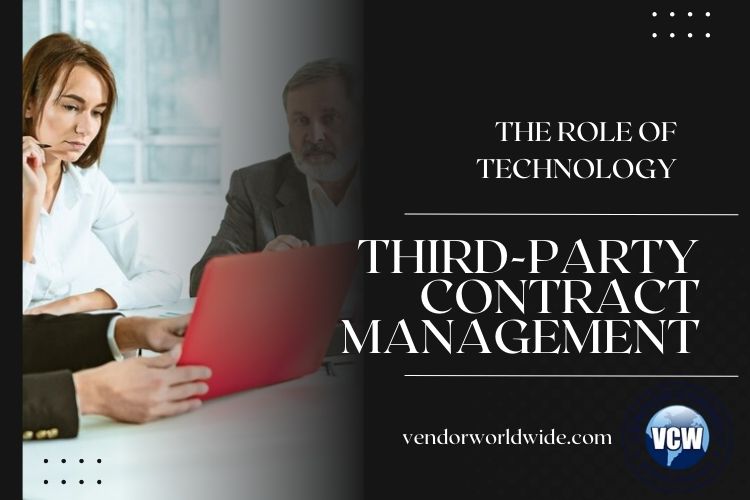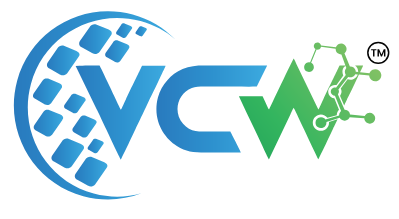
Companies always want to manage overhead, stay competitive, and improve operational efficiency. Many have chosen to connect with third-party organizations. These include suppliers, distributors, and consultants. They do this more often to achieve this. But first, you need to select the best suppliers and the vendors for that. After getting the right vendor, you must do Sabic vendor registration to work perfectly. But, as tech evolves, it’s become clear that every sector is starting to use it. This is also seen in third-party contract management.
How does technology help in third-party contract management? You will learn that in detail at the end of the article. So stay until the end of the article.
Significant Role of Technology in the Third Party Contract Management
Contract lifecycle management (CLM) Systems
Companies can use CLM systems to manage entire contracts. They can use them from the start of talks to the end of execution, renewal, and termination. These solutions show how contracts are doing. They also keep all contract data in one place. They make workflows more efficient. And, they track key dates and milestones.
Contract creation and authoring
Technology has made the process of generating contracts easier. It uses pre-designed templates, standard text clauses, and specialist software for contract writing. These tools support consistency, accuracy, and adherence to corporate policies and regulatory requirements. Also, one of the main important things is to take care of your vendor by doing the proper overseas vendor registration so that you can be able to work legally.
Document management and storage
Technology allows us to manage contract documents well. We can keep them secure in digital format. Cloud-based document management systems offer version control, accessibility, and document sharing. They greatly reduce reliance on paper-based procedures and improve stakeholder participation.
Contract analytics and reporting
We can closely watch and analyze contract data, trends, and performance indicators. We can do this because we have strong analytics and reporting. These are made possible by innovative technology. We can learn a lot about contracts from contract analytics tools. They show us the terms, duties, risks, and opportunities. These insights help firms get the most from their contracts. They also help them make smart decisions.
Automated workflows and approval processes
Technology is essential to the efficiency of the contract management process by automating workflows and approval procedures. The contract lifecycle can be accelerated by streamlining processes, including contract review, approval routing, and contacting key stakeholders. This reduces human labor and minimizes errors.
Risk management and compliance
Throughout the contract lifecycle, technology provides capabilities for risk assessment, monitoring, and mitigation, which aids in risk management and compliance efforts. Contract risk management solutions help identify potential risks, assess their effects, and implement controls to reduce risks and ensure regulatory compliance.
Artificial Intelligence (AI) and machine learning
AI and machine learning facilitate better decision-making, automate monotonous operations, and uncover patterns in unstructured data. Combining NLP and AI-powered contract analytics with contract intelligence solutions significantly increases contract visibility. It also boosts efficiency and compliance.
Technology is essential to third-party contract management because it gives businesses the tools, knowledge, and insights they need to change contract procedures, reduce risks, and optimize value. Through efficient utilization of technology, companies can improve their contract administration procedures, guarantee adherence to regulations, and cultivate strong connections with external partners and suppliers.
